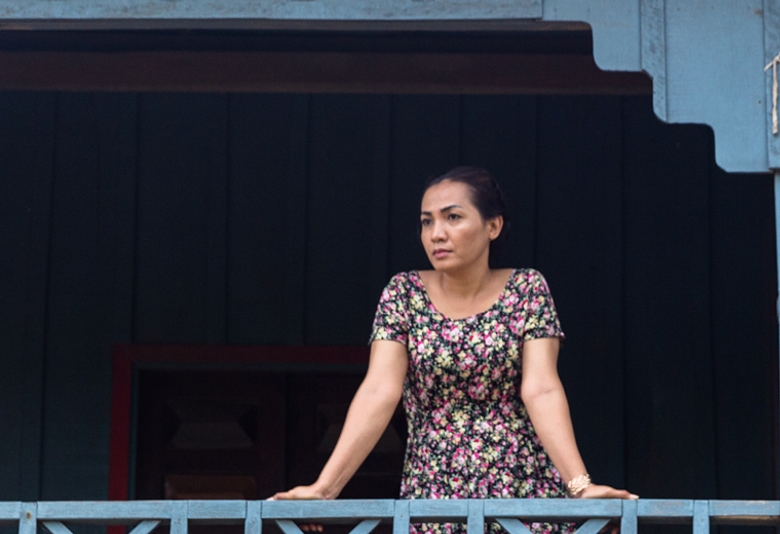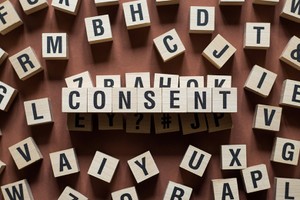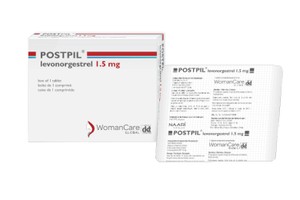Swipe left. Swipe right. Soon enough, time has passed by in a blur as you scroll through dozens of images, searching for someone you want to connect with. With the availability of online dating, it’s incredibly convenient: all at the press of a few buttons.
According to Statista, the number of Tinder users is expected to surpass 57 million by 2021 with millennials being the majority of the users globally. However, Tinder isn’t the only dating app out there. There are many, all vying for users’ attention, all promising to help them find “the one”.
Though for most people, online dating is less about finding someone to marry, but rather finding with whom to engage in sexual activities. This gives rise to hookup culture.
Hookup culture refers to the acceptance of casual sexual encounters; one that includes one-night-stands and casual, no-strings-attached sex. However, the practice is not accepted by the general public, with many cultures considering it a taboo, especially ones that discourage premarital sex and shun women who have engaged in sexual activities. This can usually be traced back to patriarchy and misogyny.
Despite this contention, the practice still exists but , casual sex and hookup culture are more than fun nights spent in a stranger’s arms. There are risks involved, one of which is sexual assault. According to the National Library of Medicine, the lifetime prevalence of date or acquaintance rape ranges from 13% to 27% among college-age women.
This is an alarming number.
There are countless articles and videos instructing and giving women advice on how to avoid date rape, but the responsibilities for avoiding rape shouldn’t fall on the women because if the rapist didn’t rape, there would be no rape case happening in the first place. This means the responsibility should fall on the perpetrators, who, most of the time, happen to be men.
This is why consent is an extremely important thing for people to understand. Consent is more than the absence of no. It’s about an enthusiastic and voluntary yes! It’s about saying yes without the influence of any substance, and saying yes without any fears.
When engaging in sexual activities, whether it’s with a long-time partner or a one-night-stand you encounter on a dating app, you must ask for consent every single time and for every sexual activity. Without affirmative consent, the sexual activities become sexual assault.
However, some people forget to take into account that asking for consent also includes disclosing your sexual history: namely, whether you have any STDs. If your partner agrees to engage in sexual activities with you without knowing the risks that they’re entering into, then it’s not informed and full consent. In many countries, it’s even illegal to do so. If you have an STD, make sure to communicate that to your partner so that they can make an informed decision.
It’s a difficult conversation to have, and it can be scary, too. But it’s a necessary conversation. STDs are common and they shouldn’t be stigmatized. Many of them are curable. And yet, by not disclosing the information, you’re knowingly increasing the spread of the disease. Additionally, if you and your partner are well-informed, you can take the necessary precautions, such as using condoms.
Even so, there have been instances where the condom breaks. Or maybe you forgot to take your contraceptive pills. Or maybe you’re not on birth control at all. If you’re in a heterosexual relationship, then unintended pregnancy might be a concern.
But there’s no need to panic. If you discover that your condom breaks or you forgot to use a condom altogether, you can use emergency contraceptive pills or ECP. Generally known as “Plan B”, ECP prevents conception after unprotected sex for up to 5 days. It’s effective for up to 95%, but the longer you wait, the lower the effectiveness becomes, so you must take it as soon as you remember.
ECP is perfectly safe to use. While you might experience some side effects such as nausea, irregular period, or spotting, the side effects will go away on their own soon after. Although generally not advised, you can take ECP more than once in a menstrual cycle, but be warned that doing so might result in more side effects due to the hormone level. Nonetheless, there is no permanent health risk that comes with it.
Anyone with a uterus can use ECP regardless of any age. You can easily get ECP over-the-counter at your nearest pharmacy. It comes in one or two doses depending on the brand, but both are just as effective.
ECP is a convenient contraceptive method for those who don’t have regular sexual partners or those who engage in casual sex, but it’s not recommended as a regular contraceptive method. If you are sexually active, you should consider choosing a regular contraceptive method such as contraceptive pills, injection, implant, or IUD.
Remember that ECP must be used AFTER unprotected sex and not before. ECP also doesn’t protect you from STDs, so if you are unsure about your partner’s status, it’s recommended to use a condom as extra protection.
There might be stigmas and taboos surrounding hookup culture, especially surrounding women who participate in it, but if done in a safe and consensual manner, hookup culture is just another way of exercising your bodily autonomy and sexual liberation. No one should be slut-shamed for that.
The next time you choose to swipe right, remember to ask for consent, stay protected, and be safe.
Do you have something to share? Leave your comments below, contact us on our social media platforms: Facebook, Instagram, Twitter, YouTube and TikTok, send us an email to info@findmymethod.org. For more information on contraception, visit findmymethod.org
About the author: Marie-Simone Kadurira is a Reproductive Health consultant in Southern Africa. She is also the founder of Vasikana Vedu. It is a non for profit organisation which combats period poverty in the region.





